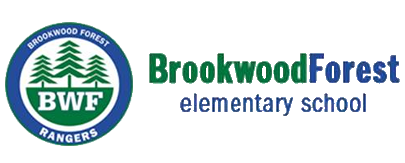-
Our work with problems of practice isn’t simply academic. As we learn all the ways to impact student learning, we develop an ever-expanding list of resources to improve practice throughout the school. In discussing ways to share and apply our learning, we discovered three powerful insights.
· We believe learning is transferrable. Realizing a causal relationship in one content area should impact application across all areas. That’s one of the reasons it’s so important to share our learning with one another. We don’t learn or grow in isolation.
· The chances of actually learning a skill jump considerably when coupled with practice and low risk feedback. While understanding and learning a given skill are admirable, our goal is the actual application of those skills. The chances for application of skills don’t rise dramatically until coupled with coaching feedback and peer visits. If our goal is application, then our practice demands a transparency that invites coaches and peers into the learning process.
· Being participants in the providing effective feedback means we must develop the skills of observation and analysis in describing what we see in a classroom. These skills separate the teacher’s craft from the teacher herself. This is invaluable in creating a growth mindset focused specifically on practice. We have to be as comfortable being observed as we are observing someone else. The better we become, the more we develop a causal relationship between our practice and the effect on student learning.


